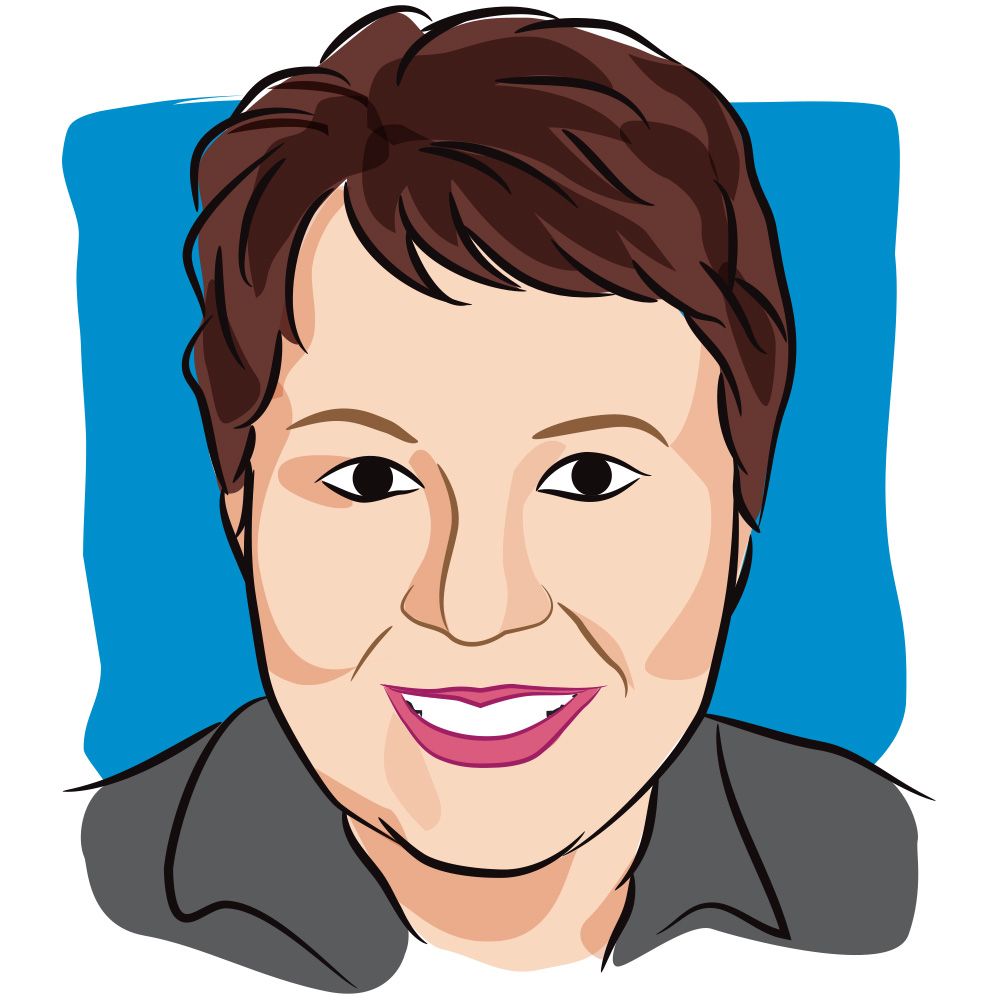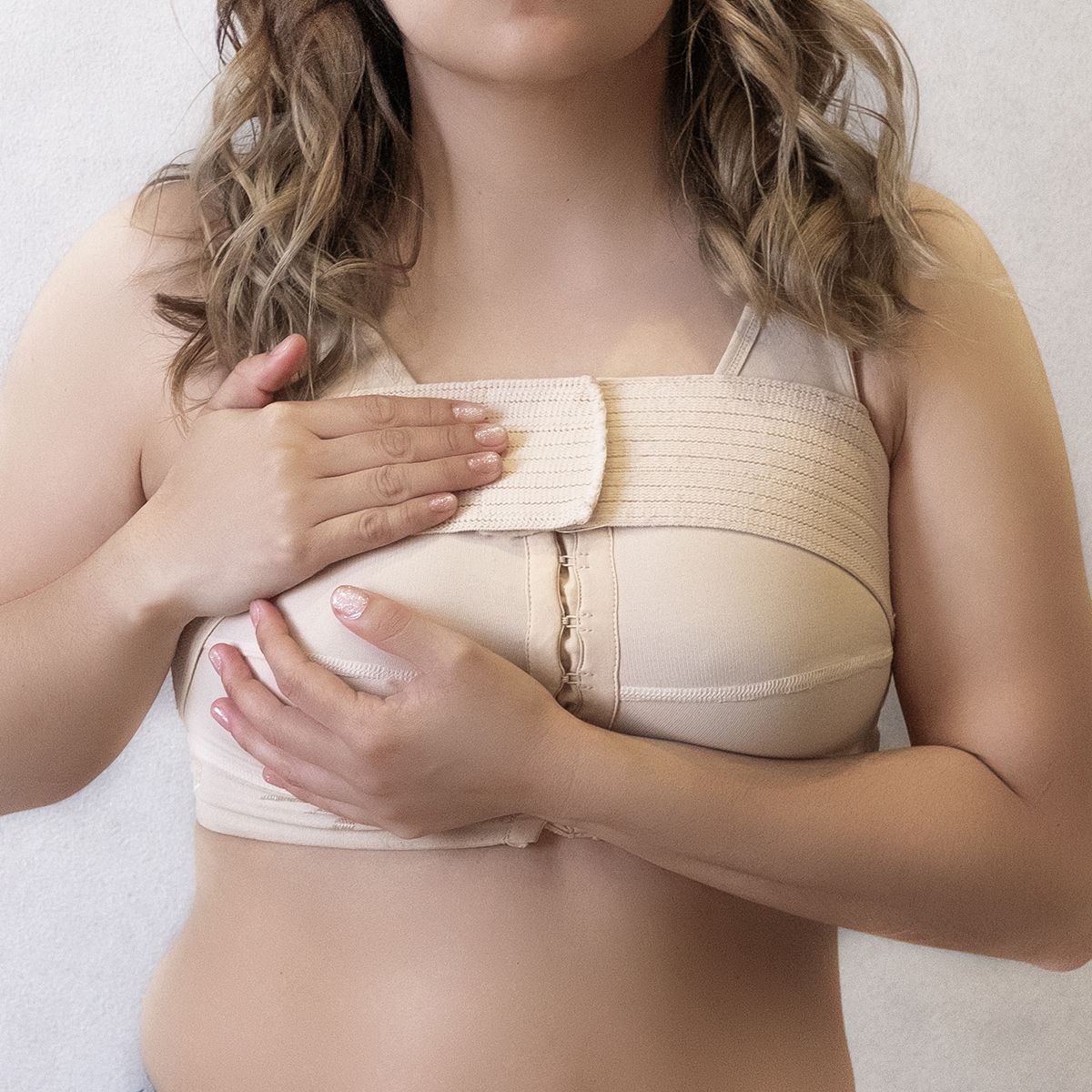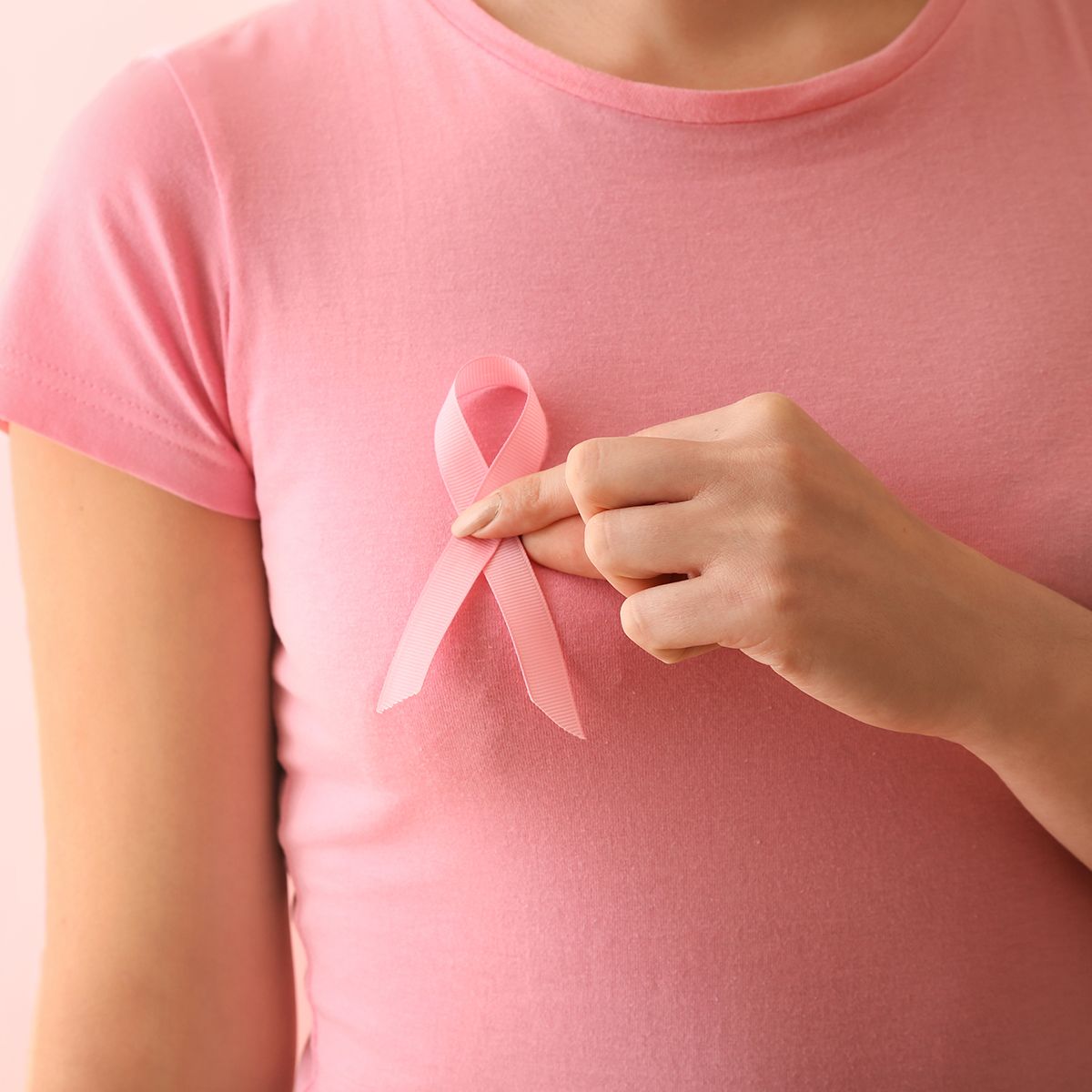News
Article
How Death Doulas Support Entire Families
Author(s):
Michelle Anderson-Benjamin, who received a diagnosis of metastatic breast cancer in 2022, works as a death doula to provide end-of-life support to patients and their families.
Michelle Anderson-Benjamin, CEO of the Fearless Warrior Project advocacy and empowerment organization, received a diagnosis of stage 1 triple-negative breast cancer in 2020, followed by a diagnosis of stage 4 breast cancer in 2022. Between those two diagnoses, however, Anderson-Benjamin, now 40, served as an end-of-life caregiver for her father.
“My dad got sick, and I had to be the one to come and be the caretaker of my dad and [he] was in the hospital for three months until he passed,” she said. “That played a role in why I decided to take to become a death doula.”
Death doulas, also known as end-of-life doulas, “provide companionship, comfort, and guidance to those facing a terminal illness or death” via non-medical holistic support encompassing “emotional, spiritual, and practical care,” according to the International End-of-Life Doula Association.
LEARN MORE: 'Death Doulas' Help Patients With Cancer Face Their End of Life With Courage and Meaning
The International End-of-Life Doula Association has trained nearly 6,500 doulas around the world since 2015, while the National End-of-Life Doula Alliance has grown its membership to more than 1,400 people since 2018, according to a recent PBS report.
When Anderson-Benjamin was 9 years old, her 23-year-old brother, who was HIV positive, died of kidney failure. It was 1993 and at the time, she recalled, “everybody was scared” of HIV.
“[They said,] ‘You can't touch him.’ And I'm a little girl, that's my brother, I'm going to touch my brother. … I was the adult in my family, helping people get things together, was nine, my mom wasn't in the mental space but I was that person, I was the person at the funeral calming adults down and just being attentive,” she said.
Anderson-Benjamin, now a certified death doula, has cared for individuals including her grandmother and her father in their final days.
“Older people, they don't like to talk about these things — no one really likes to talk about death, right? — but when my dad got sick, it required me to be the parent, and [it was like] he was the child,” she said. “It required me to think, ‘In his mind, what would he want things to look like in this time?’ And part of that was creating an environment that he was comfortable in, even though he was in the most uncomfortable state of his life because he was out of control of what was happening to him.”
That meant customizing her father’s hospital room with photos, comforting lighting and a Bluetooth speaker playing five or so customized playlists of “oldies but goodies” featuring artists such as The Temptations, The Isley Brothers and Johnny Gill, she explained. She also worked to get her father’s affairs in order and had his funeral planned two months before his death.
“[I was] sitting down, having those hard conversations and making those hard decisions, not when it's urgently needed to be done, but when I can take a minute and really do it, and not be rushed,” she said. “And then, that allowed me to be able to be presently there for him. Because people forget that when people are dying, they're still living … and those are precious moments that you can still have with them.”
Transcript:
What a death doula does is basically gives that individual a voice but also is a supportive person for the whole entire family. So, I will go with families and help them sit with the funeral director. I will go with families and speak with them in the midst of [everything to ask] what are some of their concerns? What are some of their fears? And how can we create a plan [so] that we don't get stuck in those fears? Or, if it was like a normal, regular person, [I’d ask], “Have you thought about what would happen if you pass? Do you know where certain paperwork is?”
[It’s about] being that mediator for those hard conversations, because at the end of the day, cancer doesn't have to be my death story. I can go to sleep and not wake up. So as much as people fear it so much, imagine being able to take that burden off your back. Imagine. We fear it so much, but if we just put a plan in place for it, we don't got to think about it no more, you don't have to say well, “What's gonna happen to my family if I'm not here?” Because you already took care of that.
Transcript has been edited for clarity and conciseness.
For more news on cancer updates, research and education, don’t forget to subscribe to CURE®’s newsletters here.




